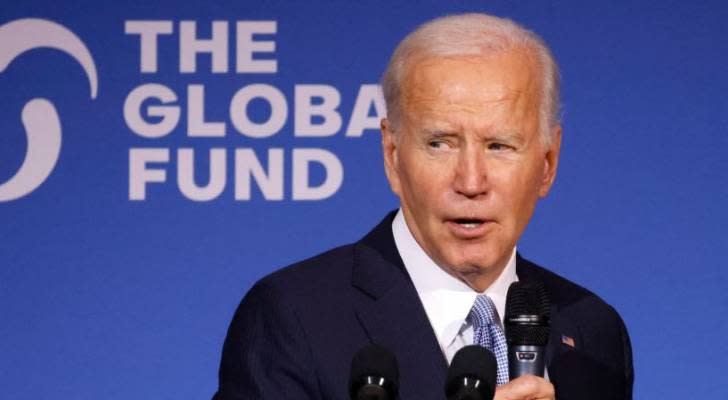- President Joe Biden introduced Thursday he was pardoning federal cannabis possession convictions.
- The action impacts countless numbers, but previous mass pardons have been even better, experts explained to Insider.
- Jimmy Carter’s pardon for Vietnam draft dodgers is approximated to have afflicted hundreds of hundreds.
On Thursday, President Joe Biden introduced he was pardoning all people with federal marijuana possession convictions, a substantial shift that impacts thousands — but earlier US presidents have built even much larger blanket pardons.
“Pardon electric power is incredibly very little restricted. It’s a person of the most unfettered, unconstrained unilateral presidential powers that there is. And, to my head, is usually underutilized,” Graham G. Dodds, a professor of political science at Concordia College and author of “Mass Pardons in America: Riot, Presidential Amnesty, and Reconciliation,” told Insider.
“Ever because Gerald Ford pardoned Richard Nixon, it is really one thing that presidents have shied away from, sensation there’d be political backlash for a liberal use of it,” he explained. “But in days of yore, it was made use of a lot far more often.”
In truth, mass pardons are nearly as outdated as the US itself. President George Washington pardoned the leaders of the Whisky Rebellion, a violent rebellion in the 1790s, and President Thomas Jefferson pardoned persons convicted less than the Alien and Sedition Acts, which permitted the government to deport noncitizens and restricted speech, Andrew Rudalevige, a professor of govt and legal reports at Bowdoin College, explained to Insider.
But gurus in presidential pardons told Insider Biden’s announcement on Thursday was nonetheless substantial. Officials explained the action would influence 6,500 people today who had been convicted of straightforward cannabis possession at the federal degree from 1992 to 2021, as perfectly as an believed countless numbers additional who had been convicted in Washington, DC.
“Obama issued about 1,700 commutations, centered mostly on what he deemed extremely very long sentencing suggestions for non-violent drug crimes, but it wasn’t the entire established of all these types of people,” Rudalevige stated, incorporating that most likely the biggest blanket pardon in modern day memory was issued by previous President Jimmy Carter.
In January 1977, Carter granted a “complete, comprehensive and unconditional pardon” to any individual who violated the Selective Support Act, AKA the draft, from 1964 to 1973 through the Vietnam War. The pardon used to all prospective draft dodgers, together with those people accused and convicted, as very well as those people who experienced fled the country.
It really is believed that hundreds of thousands of adult males evaded the draft for the duration of the Vietnam War, and the US ongoing to prosecute draft dodgers even following the war ended. Tens of 1000’s of guys had been formally accused of draft dodging, even though virtually 9,000 were convicted and 3,250 had been jailed. An believed 100,000 guys fled the state, mainly to Canada, to avoid receiving sent to war. Carter’s controversial and unconditional pardon used to them all.
A century previously, an additional president issued a sweeping mass pardon to tens of 1000’s of men accused of treason. On Christmas Working day in 1968, President Andrew Jackson issued a entire pardon to all soldiers who fought for the Confederacy in the Civil War.
Jackson, who rose to the presidency after Abraham Lincoln’s assassination, mentioned the pardon would “renew and fully restore assurance and fraternal emotion amid the whole, and their respect for and attachment to the national [e.g., federal] government, designed by its patriotic founders for the normal very good.”
The community nowadays frequently thinks of pardons as being issued in individual cases, specially toward the end of a president’s time in office environment. Dodds, whose e-book examines the record of mass pardons following rebellions and insurrections, said there is sufficient historical precedent of presidents applying blanket pardons in the title of political reconciliation.
But he said mass pardons normally have been issued for mercy — when a president feels a punishment was inappropriate or far too severe. He also famous mass pardons have ordinarily been unpopular with the community, but that the evolution of Americans’ emotions about cannabis could make this a single distinctive.






